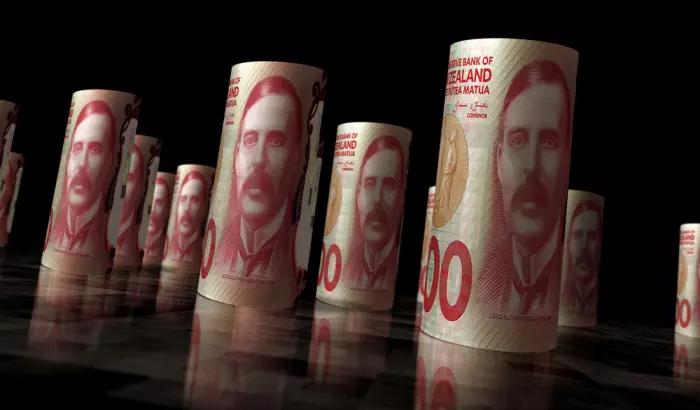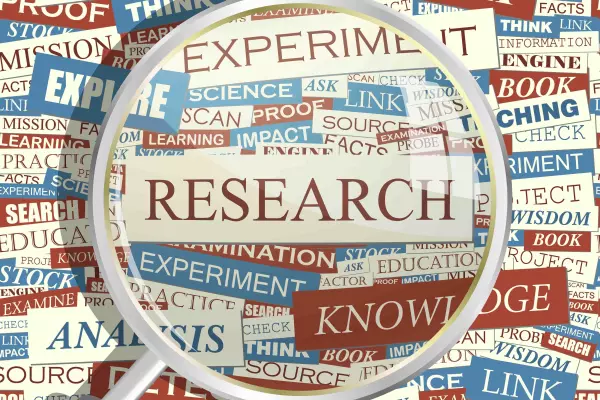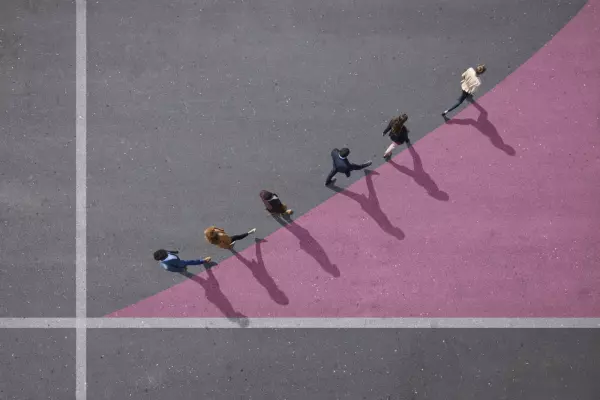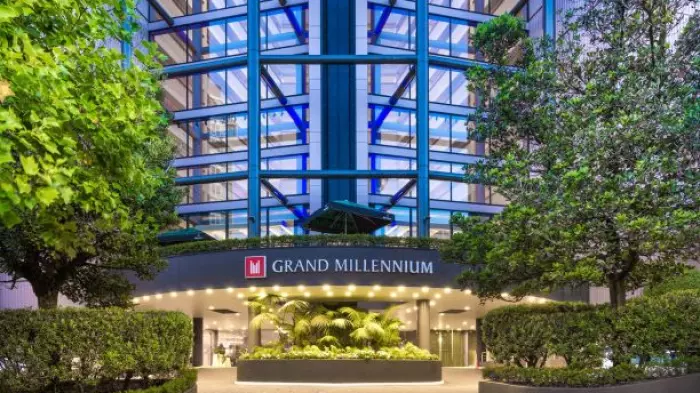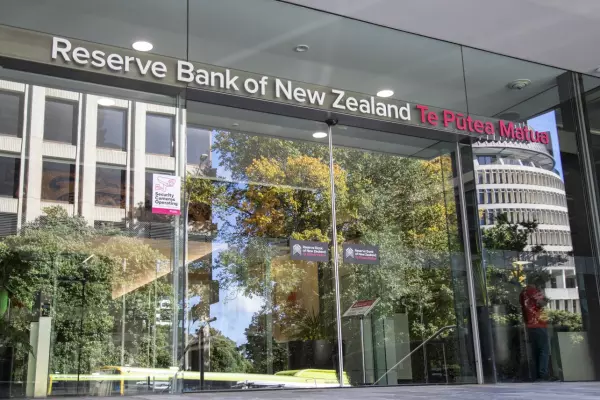The Reserve Bank of NZ (RBNZ) said the economy likely dipped back into recession in the March quarter, but economists aren’t buying it.
The economy contracted 1% in the December quarter and the central bank is tipping a 0.6% quarter-on-quarter contraction in the March quarter.
Two consecutive quarters of negative growth would see the economy back in recession.
Treasury also said “a small quarterly decline in GDP is forecast” in its latest economic outlook accompanying the budget.
Both the RBNZ and Treasury blame the lack of international tourists but economists argue the data shows the visitor shortfall is being mitigated by strong domestic demand.
To be fair, the RBNZ didn’t have all the latest data when it made the forecast.
Seasonally adjusted card spending rose by $189 million on the month in May while there was a much stronger-than-expected lift in first-quarter retail volumes, which are hovering around record highs.
Both the BNZ BusinessNZ performance of manufacturing index and the services index remained well above their long-term averages in May.
However, while the RBNZ may not have had all the pieces of the puzzle, it’s hard to find any data – from housing to employment – that hasn’t far outstripped the dire post-covid predications.
Economists more upbeat
ANZ Bank is tipping the economy to expand 0.5% quarter-on-quarter, pushing annual growth up to 0.9%.
“The economic vibe looks healthy enough – all things considered. In fact, biting capacity constraints (such as difficulty finding labour, global shipping delays and supply bottlenecks) have arguably become a larger constraint on activity than the demand and income shock,” said senior economist Miles Workman.
Kiwibank agrees.
“Recent economic indicators suggest that we may have avoided a double-dip recession, by the narrowest of margins,” said Kiwibank economists, who are also expecting the economy to expand 0.5% over the March quarter.
While the economy is “still sailing in turbulent waters” it noted the Reserve Bank had signalled rate hikes beginning from the second half of next year – provided all goes according to forecast.
The official cash rate is currently at a record low 0.25% and the central bank's forecasts show interest rates moving higher by September 2022.
“If the data confirms an expansion, expectations of rate hikes will naturally be brought forward. And our May 2022 hike start-date looks increasingly likely," they said.
Westpac Bank expects the economy to expand 0.6%. This would put the level of activity slightly below its pre-covid peak, and more significantly, about 4% short of where it would have expected the economy to be if covid hadn’t happened, senior economist Michael Gordon said.
The absence of overseas tourists was expected to weigh more heavily on the economy over the summer months, but this was countered by an ongoing rebound in domestic demand, he said.
Capital Economics is also forecasting a 0.6% rise, said Australia and NZ economist Ben Udy.
“That would still leave output below its pre-virus level but would mean that New Zealand avoided a second technical recession,” he said.
ASB Bank is even more optimistic, tipping a 0.8% lift on quarter as strong spending by NZ households likely offset the absence of spending by international tourists, said ASB senior economist Jane Turner.
The lift will bring annual GDP to around 1.1% above year-ago levels and “roughly equal to where it was in December 2019, before the pandemic kicked off in earnest”.
BNZ Bank is also expecting a 0.8% lift as NZ’s “economic indicators continue to acquit themselves very well".
"These, in turn, suggest the economy is on a much stronger footing than the RBNZ appreciates,” said Toplis.
“We expect this – in clearly rising not falling – to put more pressure on the bank’s view of the real economy, and, by implication, inflation.”
The data is due Thursday at 10:45am.


